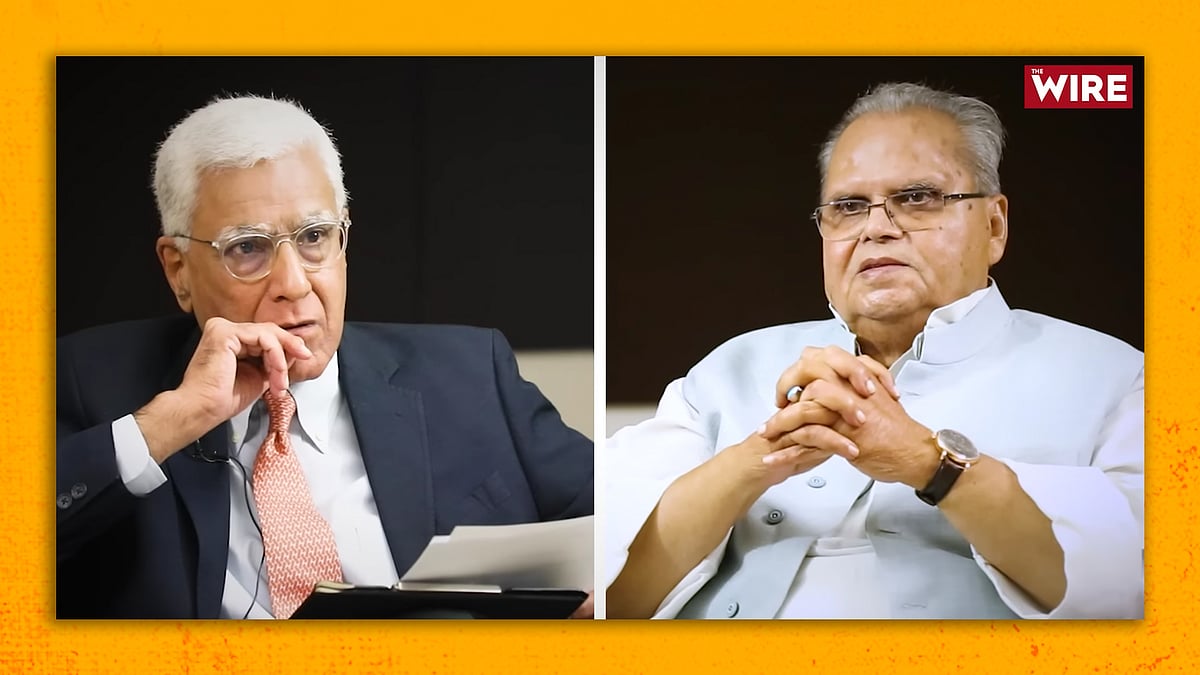BBC India will now be ‘Collective Newsroom’ to comply with FDI norms
The new firm will begin operations by April next year, and will be led by Rupa Jha.
The BBC has metamorphosed into a new firm, ‘Collective Newsroom’, for its India operations – to conform to the changes in rules of the Foreign Direct Investment policy.
The new firm, set to begin operations by April next year, has been established as an Indian company, and will be wholly-owned by Indian citizens. The company will be commissioned by the BBC to produce its six Indian language services, besides Indian digital output and Indian YouTube channel in English for audiences globally.
The new FDI policy mandates a cap of 26 percent FDI for digital news outfits. So far, over 99 percent of BBC India shares were owned by UK-based British Broadcasting Corporation. Now, four BBC staffers who are also Indian citizens will lead Collective Newsroom – Rupa Jha, Mukesh Sharma, Sanjoy Majumder and Sara Hassan.
The company will have nine directors, and will be led by Jha.
Newslaundry learned that the announcement about the new firm was made in a meeting today at the company’s Delhi office. BBC News deputy chief executive Jonathan Munro, BBC India head Rupa Jha and several senior employees were reportedly present at the meeting.
Sources told Newslaundry that the salary and terms of employment for the employees of Collective Newsroom will be on the lines of the BBC, and all the BBC India’s staffers will be absorbed in the new company. The company, however, may change their Delhi office location.
According to the source, each department will hold separate meetings on Wednesday to discuss the changes.
The BBC World Service had earlier sought time till March 31, 2024 to comply with the new rules.
I-T raids, tax survey
The new company’s formation comes months after the Income Tax department’s raids in BBC’s Delhi and Mumbai offices in February this year. The raids had come on the heels of the news outlet’s documentary on prime minister Narendra Modi’s role in the 2002 Gujarat riots.
Following the three-day raid, the finance ministry had said that there were “many discrepancies in the transfer pricing documentation” of the news outlet.
In June this year, a Hindustan Times report claimed that the BBC had admitted that there was a “possibility of underpayment of taxes” by the company. The newspaper had quoted two officials of the Central Board of Direct Taxation as saying that the BBC had admitted to paying less taxes.
Newslaundry had reported that the unnamed officials contradicted each other in reports. Read here.
If you liked this piece, let our reporters tell you why you should subscribe to Newslaundry.
 Modi’s handling of BBC was a ‘terrible mistake’: Satya Pal Malik to The Wire
Modi’s handling of BBC was a ‘terrible mistake’: Satya Pal Malik to The Wire ED registers FEMA case against BBC India for ‘FDI violations’
ED registers FEMA case against BBC India for ‘FDI violations’